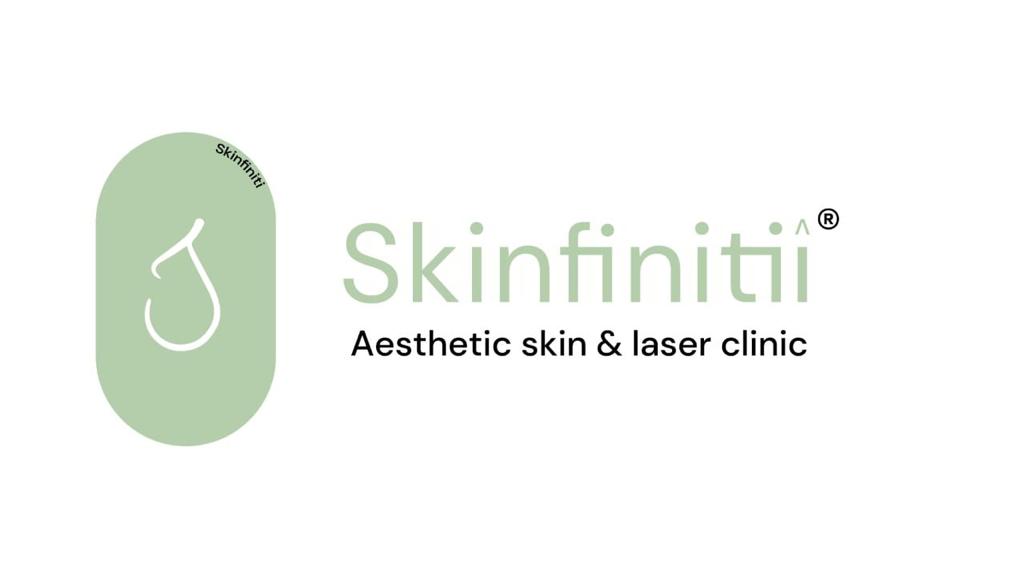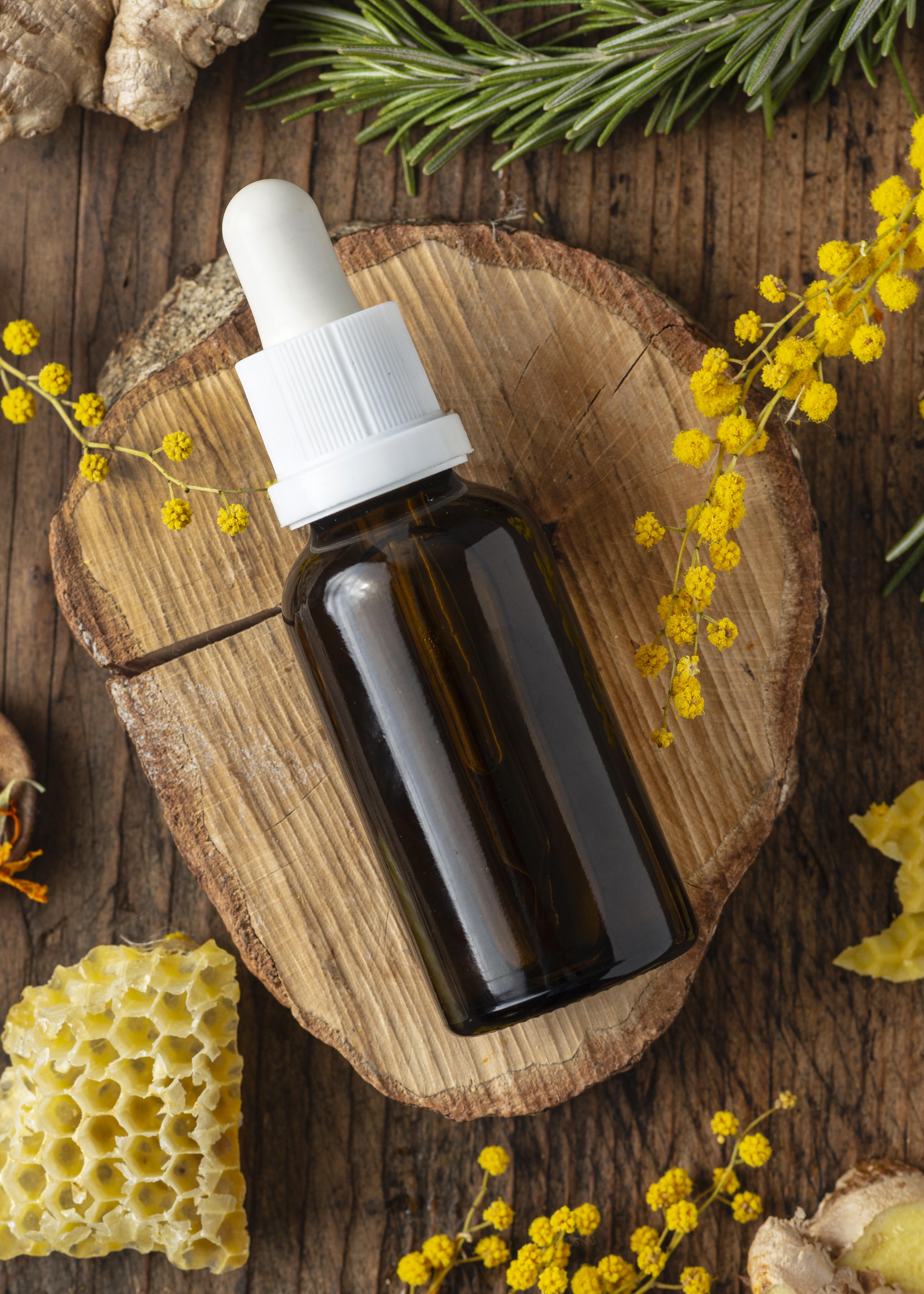All about Niacinamide (skincare ingredient)
Niacinamide although it has been around for a long is getting its well-deserved recognition now. So what exactly is niacinamide and what does it do?
Niacinamide or niacin as we all know is actually Vitamin B3. It is water-soluble Vitamin.
Studies have shown that niacinamide has multiple benefits on the skin.
- Niacinamide is a potent antioxidant.
- Niacinamide improves the skin barrier function by increasing the ceramide content and reducing the trans epidermal water loss that is lots of moisture from the upper layers of the skin this way it increases skin resistance to potential harmful topical agents and increased barrier function may mean less irritation and redness when the skin encounters environmental insults such as detergents soaps and even pollution and therefore niacinamide helps in reducing the redness on the skin.
- It is also said to increase dermal collagen and protein production hence it reduces fine lines and wrinkles and improves skin elasticity.
- The skin has pigment-forming cells called melanocytes amidst regular cells called keratinocytes now in the melanocytes lie these organelles called melanosomes where the pigment melanin is synthesized and stored. When these melanosomes are transferred to the surrounding cells it results in hyperpigmentation or darkening of the skin.
- Niacinamide reduces the melanosome transfer from the melanocytes to the surrounding cells and so it reduces hyperpigmentation.
Who can use Niacinamide?
- Niacinamide can be used in all skin types, and at any age.
- Niacinamide is best for those with acne, rosacea or uneven skin tone.
- Niacinamide is specifically used in people with sensitive skin dealing with pigmentation since niacinamide doesn’t have any purging effects like Vitamin C or retinol. Niacinamide is a safe vitamin and you can combine it with any active ingredient. You might be currently using it in your skin care.
When can you use Niacinamide?
- You can use Niacinamide in the day or night but always start with lower concentrations of one to two percent and do a little patch test behind your ear.
Several sunscreens such as elta md and ceravi contain niacinamide many anti-acne preparations have clindamycin along with niacinamide.
When it comes to pigmentation it’s best paired with Vitamin C, Hydroquinone, Arbutin and Kojic acid and so they work synergistically on pigment pathway to reduce uneven skin tone.
You can watch our youtube video to know about Niacinamide
For more tips and facts on skincare and haircare follow us at
Instagram | Youtube | Facebook
Image Source : Freepik.com

